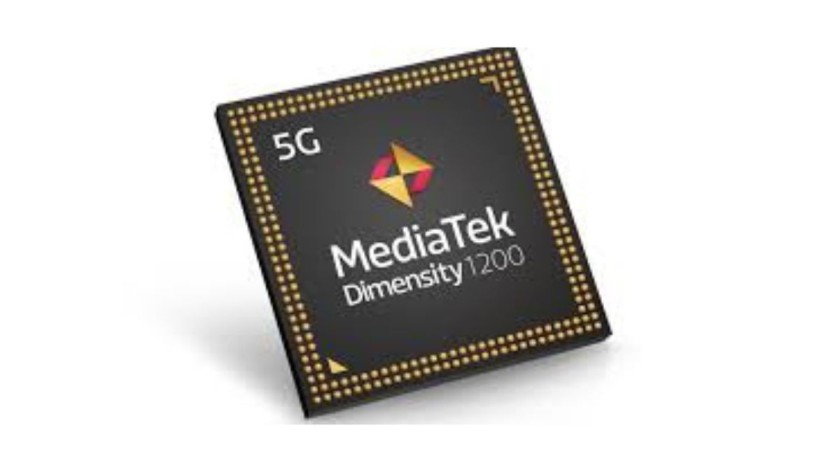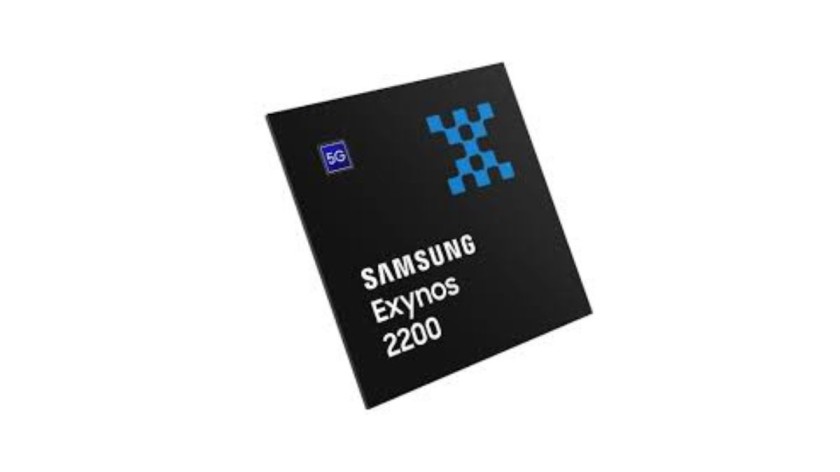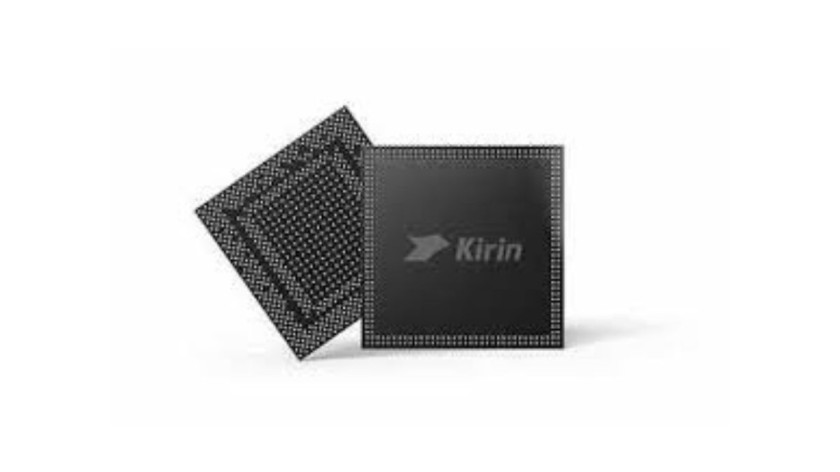Table of Contents
Introduction:
In the bustling world of smartphones, mobile processors hold a place of paramount importance, acting as the brains behind the operation. Innovation drives this fast-paced industry, and the performance of these tiny yet powerful chips is the ultimate measure of success. Mobile processors are responsible for the speed, efficiency, and overall capabilities of our beloved devices, shaping everything from seamless multitasking to high-resolution gaming and photography.
These sophisticated processors dictate how swiftly our apps run, how efficiently our battery is used, and how effectively our devices handle complex tasks. Without these powerful chips, the impressive feats our smartphones accomplish daily would not be possible. From executing simple commands to running demanding applications, the prowess of a mobile processor can make or break the user experience.
Join us on an in-depth exploration as we delve into the intricacies of the leading mobile processor brands that dominate the market. We’ll uncover how these technological marvels are developed, the unique features that set them apart, and how they continuously push the boundaries of what’s possible in our digital lives. This journey will provide a comprehensive understanding of how top mobile processors shape and enhance our digital experiences, making our smartphones smarter, faster, and more efficient.
Understanding the Role of Mobile Processors:
The core of every modern smartphone is its central processing unit (CPU), which serves as the brain behind its operations. Responsible for carrying out commands, handling data, and allocating resources, mobile processors are instrumental in shaping the device’s speed, power consumption, and overall user satisfaction. Whether it’s browsing the internet, taking photos and videos, playing demanding games, or utilizing artificial intelligence applications, the effectiveness and efficiency of a smartphone heavily rely on the quality of its processor.
Exploration of Top Mobile Processor Brands:
(1) Qualcomm:

Undoubtedly, Qualcomm’s Snapdragon series has established itself as a dominant force in the mobile processor industry. Renowned for its cutting-edge technology and robust feature set, Snapdragon processors power a diverse range of smartphones, catering to various market segments from budget-friendly to flagship devices. The relentless pursuit of excellence at Qualcomm has led to the continual advancement of mobile computing, with Snapdragon chips excelling in speed, graphics rendering, AI processing, and energy efficiency. This commitment to innovation has solidified Qualcomm’s position as a leader in the mobile processor market.
(2) MediaTek:

Certainly! Here’s a more detailed rewrite of the text: “Mediatek has established itself as a strong contender in the market with its Helio series of chipsets. These chipsets are tailored to meet the needs of the mid-range and budget segments, offering a compelling combination of high performance, affordability, and seamless integration of features. By prioritizing the democratization of technology, Mediatek has emerged as the top choice for smartphone manufacturers aiming to deliver feature-rich devices without compromising on performance.”
(3) Apple:

Apple’s A-series chips stand out as a pinnacle of excellence in the mobile processor industry. Meticulously designed in-house, these chips are specifically crafted to seamlessly integrate with the iOS ecosystem, setting a gold standard for performance and optimization. Featuring blazing-fast CPU and GPU performance, as well as industry-leading AI capabilities, Apple’s processors consistently push the boundaries of innovation and elevate the user experience to unparalleled levels.
(4) Samsung:

Samsung’s Exynos lineup stands as a testament to the company’s unparalleled dominance in the competitive mobile processor arena. Through the utilization of cutting-edge fabrication processes and pioneering architectural designs, Exynos chips serve as the driving force behind a diverse array of Samsung devices. These chips not only deliver outstanding performance and energy efficiency but also provide users with feature-rich experiences that enhance their overall smartphone usage. Samsung’s commitment to vertical integration and ecosystem synergy further underscores its dedication to pushing the boundaries of innovation, ultimately elevating the smartphone experience for consumers on a global scale.
(5) Huawei:

With its advanced Kirin processors, Huawei demonstrates its dedication to pushing the boundaries of technological innovation. The Kirin chips are meticulously designed to seamlessly integrate with Huawei’s hardware and software ecosystem, delivering exceptional performance, AI functionalities, and energy efficiency. These processors harness state-of-the-art technologies like 5G connectivity and neural processing units (NPUs) to enable users to explore unprecedented capabilities and redefine the benchmarks of mobile computing.
Factors Driving Dominance:
- Research & Development: Top mobile processor brands invest heavily in R&D, driving innovation and pushing the envelope of technological advancement.
- Integration & Optimization: Brands like Apple and Huawei design their processors in-house, enabling seamless integration with their respective hardware and software ecosystems, resulting in unmatched optimization and performance.
- Market Reach & Partnerships: Qualcomm, MediaTek, Samsung, and other leading brands have established strong partnerships with smartphone manufacturers globally, ensuring widespread adoption of their processors across diverse product portfolios.
- Performance Leadership: Through rigorous testing and continuous refinement, these brands consistently deliver processors that set industry benchmarks for performance, gaming prowess, camera capabilities, and AI processing.
Conclusion:
In the ever-evolving realm of smartphones, where split-second speed and flawless visuals are paramount, the significance of mobile processors cannot be overstated. From the raw power of Qualcomm’s Snapdragon to the cost-effective offerings of MediaTek’s Helio, the refined optimization of Apple’s A-series, the technological prowess of Samsung’s Exynos, and the innovation-focused approach of Huawei’s Kirin, each processor brand brings a distinct set of capabilities to the forefront.
By delving into the intricacies of these leading mobile processor brands, consumers can gain the knowledge needed to make well-informed choices when it comes to selecting their next smartphone. This ensures a user experience that is not only seamless but also exceeds all expectations, providing an immersive and exhilarating journey into the world of mobile technology. ser experience that is not only seamless but also exceeds all expectations, providing an immersive and exhilarating journey into the world of mobile technology.
Read more- Top Automotive OS Platforms for Electric Vehicles
FAQ-
What is a processor?
A mobile processor, also known as a system on a chip (SoC), is the central unit in a smartphone responsible for executing commands, running applications, and managing the overall functionality of the device. It integrates the CPU, GPU, memory controller, and other essential components on a single chip.
Why are mobile processors important in smartphones?
Mobile processors are crucial because they determine the speed, efficiency, and capabilities of a smartphone. They impact how quickly apps launch, how smoothly games run, how efficiently the battery is used, and how well the device handles multitasking and complex tasks.
Which brands are the leading manufacturers of processors?
Leading mobile processor brands include Qualcomm (Snapdragon series), Apple (A-series chips), Samsung (Exynos series), MediaTek (Dimensity series), and Huawei (Kirin series).
How do processors affect battery life?
Mobile processors affect battery life through their power efficiency. Modern processors are designed to balance performance and power consumption, using advanced technologies to ensure that tasks are performed quickly and efficiently without draining the battery excessively.
What should I look for in a good mobile processor?
When evaluating a mobile processor, consider factors such as clock speed, number of cores, GPU capabilities, manufacturing process (measured in nanometers), and the processor’s ability to handle multitasking and power efficiency. Benchmark scores and real-world performance reviews can also provide insights.
How do advancements in processors enhance smartphone capabilities?
Advancements in mobile processors bring improvements in processing speed, graphics rendering, AI capabilities, and power efficiency. These enhancements lead to better performance in gaming, photography, augmented reality (AR), machine learning tasks, and overall user experience.
What is the difference between CPU and GPU in a processor?
The CPU (Central Processing Unit) handles general tasks and computations, while the GPU (Graphics Processing Unit) is specialized for rendering graphics and visual effects. A good balance between a powerful CPU and GPU is essential for a smooth and responsive smartphone experience.
How often are new mobile processors released?
Major mobile processor brands typically release new models annually, aligning with the release cycles of flagship smartphones. These new processors usually bring incremental improvements in performance, efficiency, and new features.
Can software updates improve mobile processor performance?
Yes, software updates can optimize how a mobile processor interacts with the operating system and applications, potentially improving performance and efficiency. Updates can also include bug fixes and enhancements that make better use of the processor’s capabilities.
How does the manufacturing process (nanometers) impact a mobile processor?
The manufacturing process, measured in nanometers (nm), indicates the size of the transistors on the chip. Smaller processes, such as 5nm or 7nm, generally allow for more transistors, leading to better performance and power efficiency. Advances in manufacturing processes contribute to the overall improvement of mobile processors.

